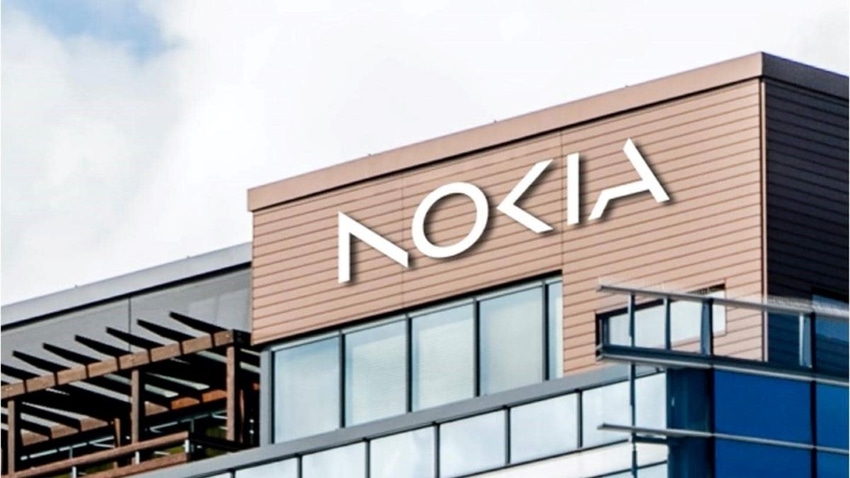Eurobites: Nokia lands another 5G SA contract with NOS Portugal
Also in today's EMEA regional roundup: Europe at the connectivity crossroads; Eutelsat sells OneWeb's share of Airbus JV; Tele2 earnings.

Nokia has landed a 5G standalone core gig with converged operator NOS Portugal, which hopes to use the Finnish vendor's automation-oriented and latency-shrinking technology to create innovative 5G offerings. The two companies also signed a deal to use Nokia's Network as Code portal to enable third-party developers to write software for a range of 5G-fueled industrial, enterprise and consumer applications.
European connectivity is at a crossroads, according to a new study published by the European Telecommunications Network Operators' Association (ETNO) which finds that while the bloc is making good progress on fiber deployments, it is still missing 5G and gigabit targets – and lagging behind its global peers in terms of network investment. As for consumer pricing, the study concludes that European operators have "in effect absorbed inflation on behalf of their customers, meaning that revenue [has] decreased in real terms." In 2022, says the study, mobile average revenue per user (ARPU) was €15.0 (US$16.26) in Europe, compared to €42.5 in the US, €26.5 in South Korea and €25.9 in Japan. It's a similar picture in fixed broadband: €22.8 in Europe, versus €58.6 in the US and €24.4 in Japan.
Paris-based Eutelsat Group has completed the sale of OneWeb's 50% share in the Airbus OneWeb Satellites joint venture. The stake in the Florida-based business, which built the satellites for the OneWeb First Generation constellation, is being acquired by co-owner Airbus U.S. Space & Defense. Eutelsat said that the deal reflected its "ongoing management of its assets with a view to optimizing and monetizing its portfolio as part of its debt reduction efforts."
Tele2's full-year results show a 4% organic end-user service revenue growth, to 21.13 billion Swedish kronor ($2.03 billion), alongside 2% organic underlying growth in EBITDAaL (earnings before interest, tax, depreciation and amortization, after leases), to SEK10.41 billion ($100 million). The figures are in line with guidance, says the Nordic operator. Its dividend was also increased, to SEK6.90 per share. Tele2 found the going tough in Estonia, where revenue and underlying EBITDAaL both fell by 1% year-over-year in the face of what the operator describes as "aggressive campaign prices from competitors."
UK consumer group Which? has lambasted the UK's broadband and mobile companies for pressing ahead with annual price rises in April that are linked to inflation and then some – in most cases, an additional 3.9%. As the BBC reports, Which? describes the plans as "grossly unfair" and accuses the offending companies of cashing in before the rules governing such price rises change later in the year. (See BT ditches inflation-linked price increase formula.)
Belgian operator Proximus is proposing a pilot project that involves testing 5G applications on a private network in a real hospital environment. The focus of the project, to be carried out at the AZ Groeninge hospital in Kortrijk, is on applications relating to remote care, clinical communication, as well as data and training, so it will test the potential of 5G for robotic surgery and monitoring patients' health with biosensors, among other things.
South Africa's MTN has committed to investing $215 million in infrastructure in Benin over the next three years and building a swanky new office for its subsidiary in the West African country.
Read more about:
EuropeAbout the Author(s)
You May Also Like




_International_Software_Products.jpeg?width=300&auto=webp&quality=80&disable=upscale)







